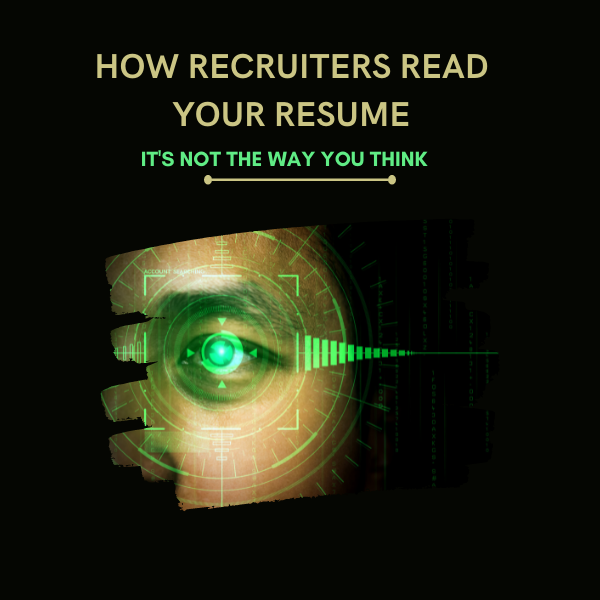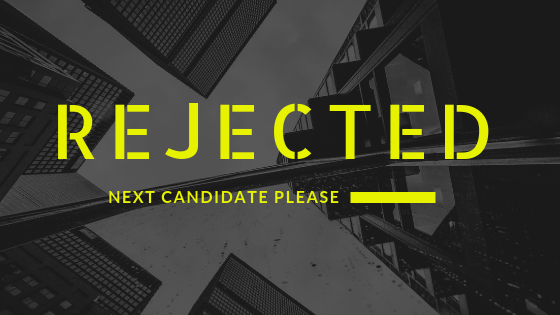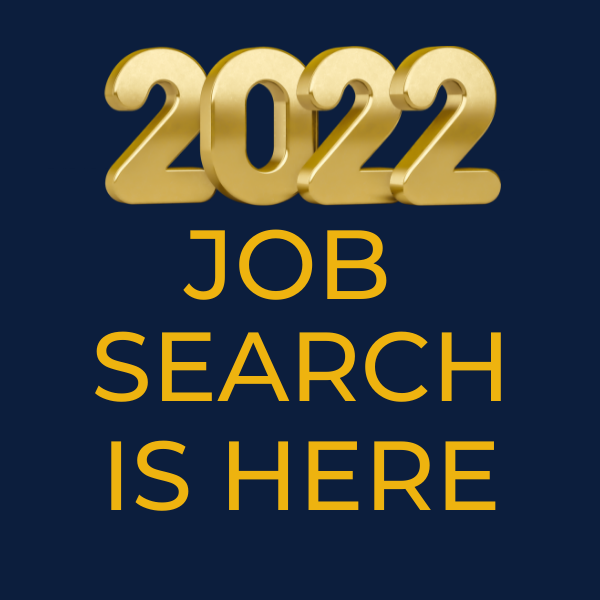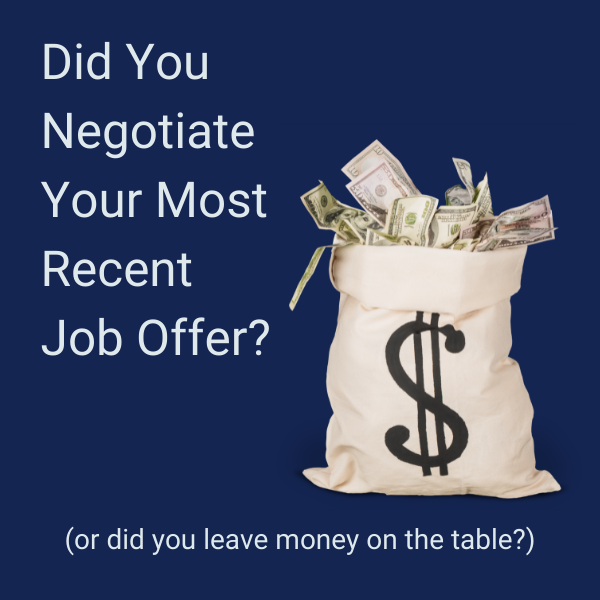What A Personal Brand Is (And Why You Need To Develop Yours)
Personal branding is a popular concept promoted by marketers, public relations specialists and, more recently, career professionals. Countless articles have been written on the subject. A recent Google search turned up about 353 million results.
Still, questions abound.
- What is a personal brand?
- Why is it important?
- How do I develop one?
While there is no pat answer, there’s substantial evidence that a strong personal brand can boost your job search and positively impact your career.
What A Personal Brand Is
Your personal brand is how others perceive you. As entrepreneur Gary Vaynerchuk notes in a 2019 article about personal branding, “Your personal brand is your reputation. And your reputation in perpetuity is the foundation of your career.”
The Power Of Doing One New Thing
Do one thing every day that scares you. — Eleanor Roosevelt
It’s not easy to step out of our comfort zone and do something that scares us.
But, the only way to make those scary things less scary is to step up and do the things we’re afraid of.
I speak from experience.
Although most people wouldn’t know it, I’m an introvert. I used to be one of those who stood alone at networking events too shy to introduce myself. Two decades later, chatting with strangers is pretty easy.Read more
Facing Age Discrimination? Be Prepared If You’re Over (Or Under) A Certain Age
One of the issues often raised when a group of job seekers gets together is the question of age discrimination.
Several years ago, I was invited to be a guest at Platform to Employment a program that was developed by The Workplace to address the needs of the long-term unemployed.
Originally launched in Connecticut, the program has had such great success that it was expanded to ten other cities in early 2014. You may have seen it featured on 60 Minutes.
Several days before my visit, I received a list of questions that the group was hoping I could answer from the recruiter’s perspective. Not surprisingly, a number of the questions addressed the problem of age discrimination.
Here are a few of the things I learned while working as a recruiter.
Want To Know What A Company Is Really Like?
Every job seeker knows they need to sell themselves to the employer. That said, remember that interviews are not only about the employer; they are about whether or not you want to work for them.
Preparing questions to ask the interviewer is as important as preparing responses to typical interview questions.
Start with a few questions about the job. A good place to start is asking about things that were discussed during the interview, maybe things that you would like clarified or explained.
Here are a few questions to learn what you’ll be stepping into if hired.
=> What are the biggest challenges of the job?
=> What are the expectations for my first 30,60,90days?
=> What are the biggest obstacles I’ll face in the first 30,60,90 days?
Beyond learning about the job, an interview is a good time to learn about your future boss and the culture.
Read more
How To Make A Connection During Job Interviews
A strong results-driven resume can help you get your foot in the proverbial door. But after that, you’re on your own.
Even the most compelling, well-designed resume is not a “silver bullet.”
There are a lot of ingredients to a successful job interview. Know your resume cold. Prepare to answer the most common interview questions.
The secret sauce, however, is making a connection with the job interviewer. To do that you’ll need to build rapport, communicate effectively, and end the interview on a high note.
#1 BUILD RAPPORT
Finding common ground and showing interest will help you quickly connect with the job interviewer.
Look for things you have in common like:
- Sports participation or favorite teams
- Interest in the arts or entertainment
- Attended the same college or university
- Share a volunteer cause
- Support or member of same organization
How To Prevent Screaming “I’m Old” During Your Job Search
Resume writers are often asked about the prevalence of age discrimination. As I’ve mentioned in earlier posts, serious concerns begin around age 55, but some people, particularly my female friends, tell me they begin to feel it in their mid-forties.
Yes, age discrimination is out there. But there are many other reasons why candidates don’t get hired.
The interviewer may think you are too young or too forward-thinking or too laid back. She may dislike you because you remind her of a former boss or spouse she doesn’t like.
We all have conscious and unconscious biases.
You can’t control other people’s bias, but you can eliminate things that make you look old and/or dated. Here are 5 things to change today.
#1 Have a Modern Email
Using an @aol or @yahoo email address makes you look like you’re stuck in 1995. Keep those addresses for family and friends but choose something more current like @gmail for your job search. Never use your company’s email to contact recruiters, resume writers, career coaches, etc.
Many employers monitor employee email accounts, and they have the legal right to do so.
Include your email address in LinkedIn About section to make it easy for recruiters and employers to contact you. If your job search is confidential you can include a statement like “always interested in connecting with like-minded people” or “always happy to connect with clients and colleagues” as well.
If you’re unemployed, you can include a pitch for hiring you.
How Recruiters Review Your Resume (It’s Not How You Think)
Just as resumes that don’t generate results have the same problems, resumes that resonate with recruiters and employers share commonalities. Effective resumes immediately grab the reader’s attention. They demonstrate what sets that candidate apart from the competition.
Many people think that recruiters begin by reading a resume from top to bottom.
However, the results of a 2012 Ladders study proved that in most cases, they don’t.
The Ladders had recruiters review resumes while wearing eye-scanning goggles. The main talking point, or buzz, from that study, was that recruiters spent less than 6 seconds reviewing each resume before deciding if they would interview the candidate or not.
How To Avoid The Biggest Virtual Interview Mistake
The biggest mistake you can make with a virtual interview is not taking it seriously. In the past, phone interviews were used primarily for screening. A recruiter or human resources associate called potential candidates to get basic information: are they still looking, do they meet the essential qualifications, do their salary requirements fall in the employer’s range, etc.
They also screened for basic communication skills. Can this person carry on a conversation?
If the candidate passes the initial screening they were invited in for an interview.
Virtual interviews, even for local candidates, was becoming more common when I was a recruiter almost 10 years ago. When COVID hit virtual interviews became the only option.
And it looks like virtual interviews are here to stay.
Interviews 2022
Today, candidates will likely have have several virtual interviews before being invited for an in-person discussion.
- A screening interview – with a recruiter or HR associate
- A longer interview with senior HR personnel
- A phone or Skype interview with the hiring manager’s assistant or someone else on the team
- A phone or Skype interview with the hiring manager
While these steps are a generalization, the point is that you should expect to have 2 to 3 video or phone interviews before meeting anyone in person.
Increase Your Odds Of Achieving Job Search Success In 2022
Welcome to 2022
Yes, the last two years have been challenging to say the least. But the job market improved in 2021, and 2022 is expected to be even better.
Now that the holidays are behind us, it’s time to kick start your 2022 job search.
Not tomorrow.
TODAY!
Get Your Resume Recruiter Ready
Yes, the economy has made a comeback. There are more jobs out there. That’s great news if you’re looking for a job.
The bad news is people who have been hunkering down, staying in jobs they didn’t like for the past 2 years are now actively looking. So, the pool of candidates is more significant.
Make sure your resume is recruiter and employer ready. That means creating a resume that highlights your achievements.
How To Get The Starting Salary You Want Hint: You Have To Ask
Do you accept the first salary offered, or do you negotiate?
Before starting my own business, I worked for small businesses, nonprofit organizations, and international corporations.
And during those years, I always accepted the first salary offer.
I didn’t try to negotiate a higher salary.
Not even once.
Mostly I was afraid they wouldn’t hire me. It turns out until recently; most candidates accepted the first offer. But things are changing.
Consider Responses To Salary Questions
Most job seekers dread the expected salary question. That’s not surprising as most Americans aren’t comfortable talking about income, even with friends. 80% of respondents to a Lexington Law survey said they wouldn’t ask a friend how much they make.










